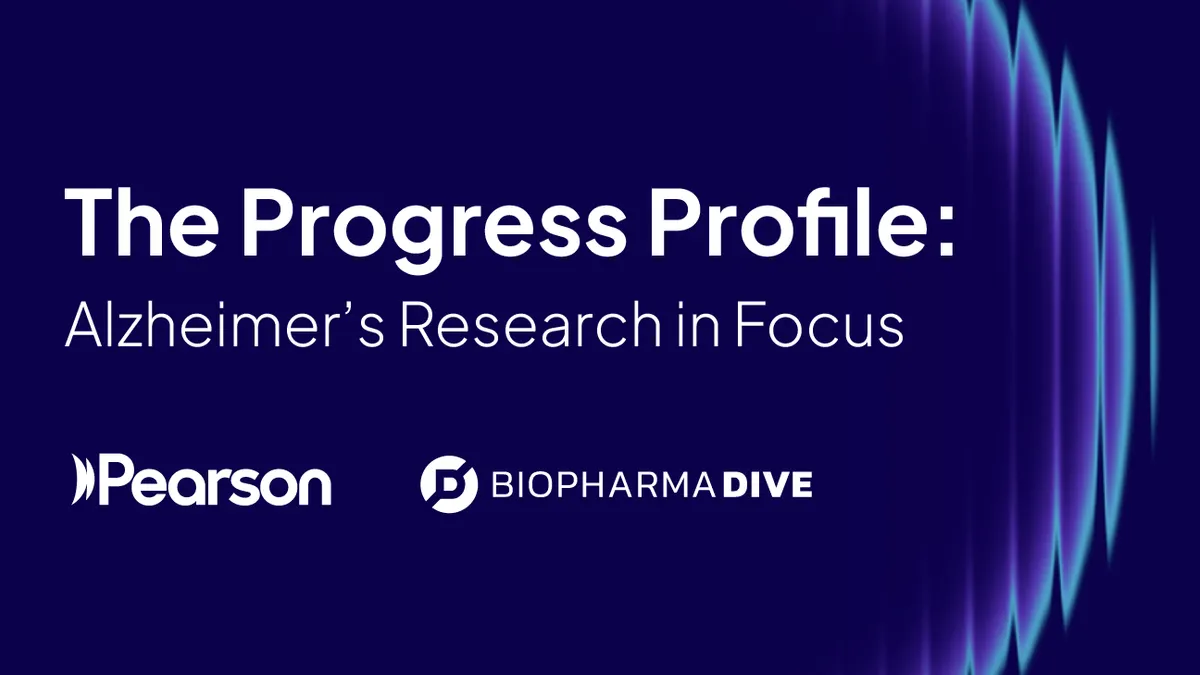This compelling four-part podcast series, “The Progress Profile: Alzheimer’s Research in Focus,” brings together world-renowned experts to explore the latest Alzheimer's breakthroughs. Dr. John Harrison leads discussions on early diagnosis via biomarkers, genetic predisposition versus environmental triggers, and the amyloid hypothesis. Featuring insights from scientists like Dr. Jeffrey Cummings, Dr. Rhoda Au, Dr. Philip Scheltens, and Dr. Miia Kivipelto, the series provides healthcare professionals and researchers with a comprehensive overview of promising treatments, diagnostic innovations, and prevention strategies transforming our understanding of this condition.
Check out the podcast episodes!
⬆- Ep. 4 Time Sensitive: Why Early Alzheimer’s Diagnosis Matters
- Ep. 3 Lifestyle Matters: How do environmental and lifestyle factors influence Alzheimer’s disease?
- Ep. 2 Amyloids and Beyond
- Ep. 1 Signals of Hope: Science, Progress, and What’s Next
Ep. 4
Time Sensitive: Why Early Alzheimer’s Diagnosis Matters
In this last episode of the season, Dr. John Harrison and Dr. Rhoda Au explore breakthrough technologies revolutionizing early Alzheimer's detection. From blood-based biomarkers to digital gameplay monitoring cognitive changes, this episode reveals how cutting-edge diagnostic tools could transform treatment timelines and patient outcomes when intervention begins sooner.
Ep. 3
Lifestyle Matters: How do environmental and lifestyle factors influence Alzheimer’s disease?
Dr. Harrison and Finnish neuroscientist Dr. Miia Kivipelto explore the complex interplay between genetics and lifestyle in Alzheimer's development. Learn how the groundbreaking FINGER study demonstrates potential prevention strategies, and discover the latest evidence on how environmental factors, diet, and chronic conditions influence Alzheimer's risk.
Ep. 2
Amyloids and Beyond
For healthcare professionals and researchers navigating an ever-evolving landscape, staying current with breakthrough approaches and emerging diagnostic technologies is essential for improving patient outcomes. In this illuminating podcast episode, world-renowned expert Dr. Philip Scheltens joins Dr. John Harrison to explore critical developments in Alzheimer's research and treatment strategies.
Ep. 1
Signals of Hope: Science, Progress, and What’s Next
Cognition expert Dr. John Harrison and neurodegenerative specialist Dr. Jeffrey Cummings discuss Alzheimer’s research breakthroughs, including anti-amyloid therapies slowing disease progression by 30% and digital assessment tools, offering hope for the 14 million Americans projected to have Alzheimer’s by 2060.










